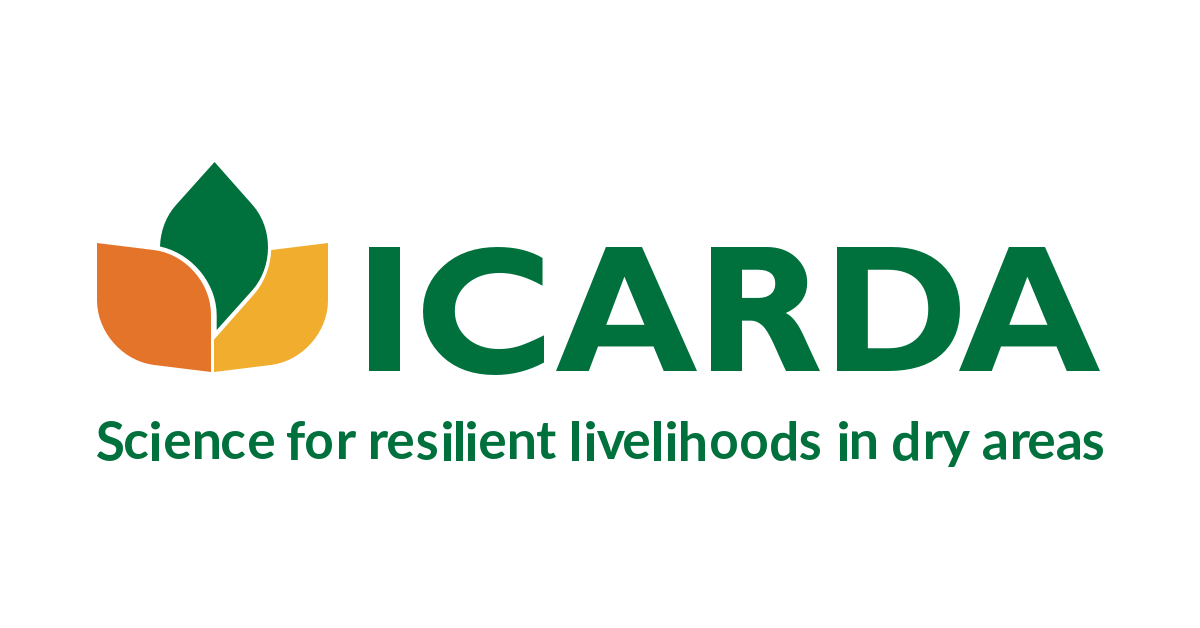Major Research Thrusts
- To develop end product specific varieties with enhanced nutritional quality traits.
- To characterize genes associated with different quality traits and their deployment in high yielding backgrounds.
- Development of micro level tests to expedite the breeding efforts in improving wheat quality.
- Characterizing chemical/biochemical components in the grain and improving rheological properties suitable for different end products such as chapati, bread, biscuit, noodles and pasta products.
- Biofortification and enhancing bio-availability of micronutrients (Fe and Zn) to human beings by increasing phytase levels and reducing phytic acid content in wheat grains.
- To study the variability in the antioxidant activity and phenolic content of Indian wheat.
Research Achievements/ Technologies Developed
- Identified product specific and nutritionally rich varieties for chapati, bread, biscuit and pasta.
- Developed microlevel tests for processing and nutritional quality traits which are very useful in predicting quality of segregating generations in breeding programme.
- Double null trait at Glu-D1 and wild alleles of puroindoline a (pinA) were identified in Nap Hal, a unique Indian land race of wheat, and transferred into high yielding backgrounds for the improvement of biscuit making quality of Indian wheats using MAS.
- Mutant populations have been developed under the background of PBW502, C-306 and PDW233 for genetic/molecular studies for the improvement of processing and nutritional quality traits.
- RILs have been developed using C-306, PBW502, K68, PBW343, Gpc-B1 lines for mapping genes for processing and nutritional quality traits.
- RILs have been developed using Kh65, PBW502, HD2009 and KRL-1-4 for mapping salt tolerant genes. Gene expression analysis demonstrated the role of NHX1 and SOS1 in imparting tolerance to salinity stress in Kh65.
- LMW glutenin genes have been characterized at molecular level and functional marker developed for Glu-B3b allele very useful in wheat improvement for bread making quality.
- Phytase gene has been cloned and characterized from Indian wheats. This will enhance our understanding of molecular basis of high phytase and thus improving bioavailability of micronutrients in human beings.
- Identified QTLs for bread loaf volume and bread quality score and construction of framework maps.
- Identified Genetic stocks with better grain quality traits which can be used in breeding programmes for quality improvement of wheat products.
- Generated new information on the variability in the antioxidant activity and phenolic content of Indian wheat and barley varieties.
- Developed indigenous low cost, handy & portable unit for measurement of Test weight. This instrument is highly advantageous to the wheat breeding programme and also for the milling industries.
Facilities Available
- Mills for preparation of whole wheat flour, refined flour and semolina.
- Facilities for making and testing bread, chapati, biscuits and pasta products.
- Facilities to study rheology (Mixograph, Alveo-consistigraph, Farinograph, Relative ViscoAnalyser) and estimation of grain protein content (NIR), gluten index (Glutamate), Grain hardness (SKCS) and test weight instrument.
- Facilities for biochemical and molecular studies (Thermal cycler, ELISA Reader, Spectrophotometer, 2-D electrophoresis, Horizontal and vertical electrophoresis units, Refrigerated centrifuge, Gel documentation system, HPLC, Atomic absorption Spectrophotometer, Laminar air flow, Growth chamber for controlled condition studies, Incubator shaker, ovens, water baths, Deep freezers and refrigerators etc).









